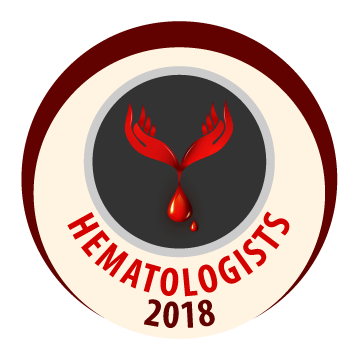
Elena Karnaukhova
Center for Biologics Evaluation and Research, Food and Drug Administration, USA
Title: Recent advances in the research and development for hereditary angioedema and evaluation of thromboembolic events following C1-inhibitor therapy
Biography
Biography: Elena Karnaukhova
Abstract
Hereditary angioedema (HAE) is a rare potentially life threatening disorder associated with a deficiency of functional C1- esterase inhibitor (C1-INH). HAE acute attacks are clinically manifested by swelling in the face, throat, abdomen and extremities and are more severe and frequent in female population than in men. Until recently, no HAE-targeted therapy was available in the United States. Since 2008, when the first plasma-derived C1-INH concentrate was approved by the US Food and Drug Administration (FDA), several HAE-specific therapies have been developed for the treatment of acute attacks and for prophylaxis. According to the available database and recent publications, C1-INH therapy in HAE patients is associated with a risk of thromboembolic events which is reflected in the prescribing information for C1-INH plasma products. Thrombosis also has been predominantly reported in women and appears to depend on hormonal status. These epidemiological suggestions prompted us to study mechanisms underlying the reports of thromboembolic events following C1-INH therapy. Our ongoing research project is supported by the FDA Office of Women’s Health. This presentation will focus on current understanding of HAE mechanism(s), recent advances in the therapeutic development for HAE and our research efforts directed towards understanding key interactions between C1-INH and coagualtion systems, gender based diferences in C1-INH induced coagulation and the potential reasons for these diffences.

